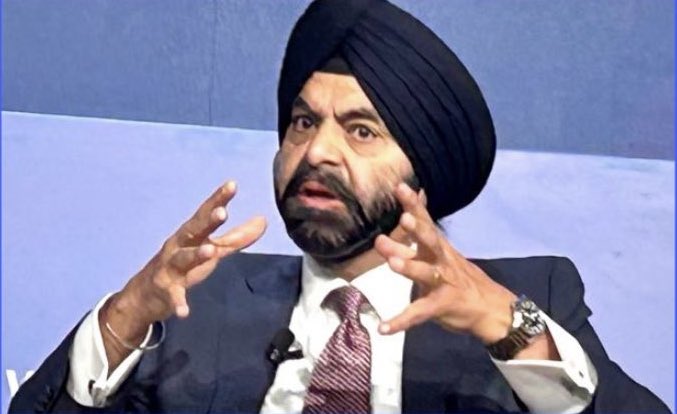The World Bank’s Africa Pulse Report paints a stark picture of the education funding crisis in Sub-Saharan Africa, highlighting a severe disparity compared to high-income countries. The report reveals that Sub-Saharan African countries spend a meager average of $54 per student annually, a stark contrast to the $8,500 invested per student in high-income nations. This massive gap underscores the chronic underfunding plaguing education systems in the region, hindering their ability to provide quality education and undermining the potential for human capital development and economic growth. Despite recent increases in education spending, these efforts remain insufficient to meet national and global education goals. The report stresses the urgent need for increased investment and improved resource allocation to bridge this widening chasm and equip the region’s youth with the skills necessary for a prosperous future.
This financial disparity translates into a significant disadvantage for students in Sub-Saharan Africa. The lack of essential resources like textbooks, teaching materials, and technology further exacerbates the problem, creating a learning environment that falls far short of international standards. The World Bank report indicates that a girl in Sub-Saharan Africa can expect to receive only eight years of schooling by the age of 18, compared to 13 years in high-income countries. This curtailed educational journey significantly limits their future opportunities and reinforces the cycle of poverty. Furthermore, the total spending on education throughout a student’s educational journey up to age 18 reveals a staggering difference: $1,900 in Sub-Saharan Africa compared to $117,000 in high-income countries. This illustrates the cumulative impact of underinvestment and its long-term consequences for individuals and the region’s overall development.
The report highlights that a significant portion of education budgets in Sub-Saharan Africa is allocated to salaries, leaving little room for crucial investments in learning resources and infrastructure improvements. This skewed allocation further restricts the ability of schools to provide a conducive learning environment and limits access to essential educational tools. The consequence is a compromised quality of education, hindering the development of critical thinking skills, problem-solving abilities, and the acquisition of knowledge necessary for students to thrive in a rapidly evolving global economy. This vicious cycle of underfunding and inadequate resource allocation perpetuates educational disparities and impedes the region’s potential for sustainable development.
The World Bank warns that this education deficit poses a significant threat to Sub-Saharan Africa’s economic future. With a rapidly expanding young population, the region faces a crucial window of opportunity to capitalize on its demographic dividend. However, without substantial investments in education, this potential could be squandered, leading to missed opportunities for economic growth and human capital development. The report emphasizes the urgency of addressing this funding gap to unlock the region’s potential and ensure that its youth are equipped with the skills and knowledge needed to contribute meaningfully to the economy. Failure to invest adequately in education will not only limit individual prospects but also hinder the region’s overall progress and competitiveness in the global arena.
The report further emphasizes the importance of targeted interventions to maximize the impact of increased education spending. It calls for prioritizing reforms in foundational literacy, ensuring that children acquire essential reading and writing skills early in their education. Furthermore, it stresses the need for skills training programs aligned with the needs of local economies, equipping young people with relevant skills that enhance their employability and contribute to local economic growth. The report also underscores the importance of facilitating smooth transitions from education to employment, ensuring that graduates can effectively integrate into the workforce and contribute productively to society. By focusing on these key areas, the region can maximize the returns on its education investments and unlock the full potential of its human capital.
The World Bank’s report serves as a wake-up call for governments and stakeholders in Sub-Saharan Africa to prioritize education as a catalyst for economic transformation. It underscores the urgent need for increased and more effective investment in education, coupled with strategic reforms to improve the quality and relevance of learning. By closing the education funding gap and prioritizing key areas for intervention, the region can harness the potential of its young population and pave the way for sustainable economic growth and development. The future of Sub-Saharan Africa hinges on its ability to invest in its human capital, and education is the cornerstone of this transformative journey.


